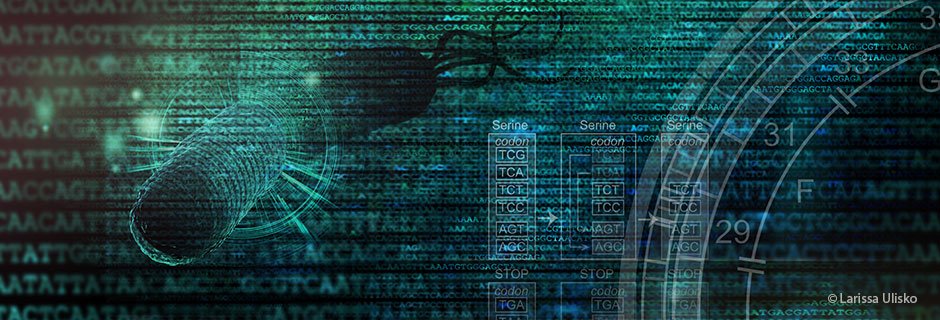
Re
The Chin Lab has pioneered the development and application of methods for reprogramming the genetic code of living organisms, rewriting the near-universal genetic code of natural life to create organisms that use new genetic codes. The new organisms deliver remarkable properties: they are resistant to a wide-variety of viruses and can be programmed to make new non-canonical polymers. To reprogram the genetic code, new translational machinery (including orthogonal ribosomes and aminoacyl-tRNA synthetases and tRNAs) was created along with a completely synthesized bacterial genome in which the number of sense codons in its genetic code was reduced. The unused codons were reassigned to encode the synthesis of non-canonical polymers and macrocycles and proteins containing non-canonical amino acids.
Jason’s Bio:
Jason is a Programme Leader at the Medical Research Council Laboratory of Molecular Biology, where he is also Head of the Centre for Chemical & Synthetic Biology (CCSB). He is Professor of Chemistry & Chemical Biology at the University of Cambridge, and holds a joint appointment at the University of Cambridge Department of Chemistry. He is also a fellow in Natural Sciences at Trinity College, Cambridge.
Jason’s work has been recognized by several awards, including: the Francis Crick Medal and Lecture (Royal Society, 2009), the Corday Morgan Prize (Royal Society of Chemistry, 2010), the EMBO Gold Medal (European Molecular Biology Organization, 2010), the Louis Jeantet Young Investigator Career Award (Jeantet Foundation, 2011), the Sackler International Prize in Physical Sciences (Tel Aviv University, 2019), and the Meyerhof Medal and Lecture (Max Planck Institute Heidelberg, 2021). He is a member of EMBO (2010) and the Academy of Medical Sciences (2016). Jason was recently elected as a Fellow of the Royal Society.
